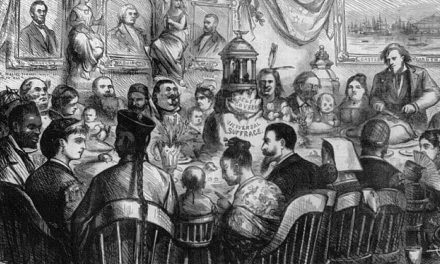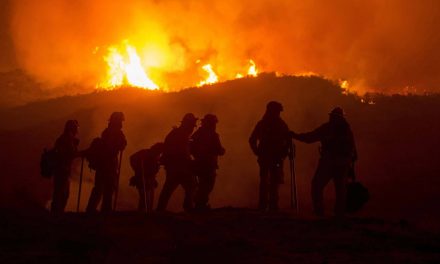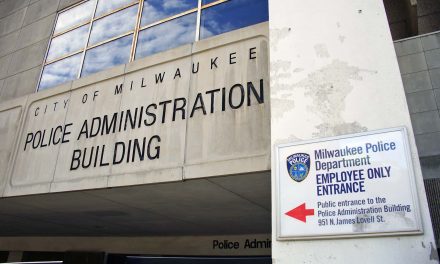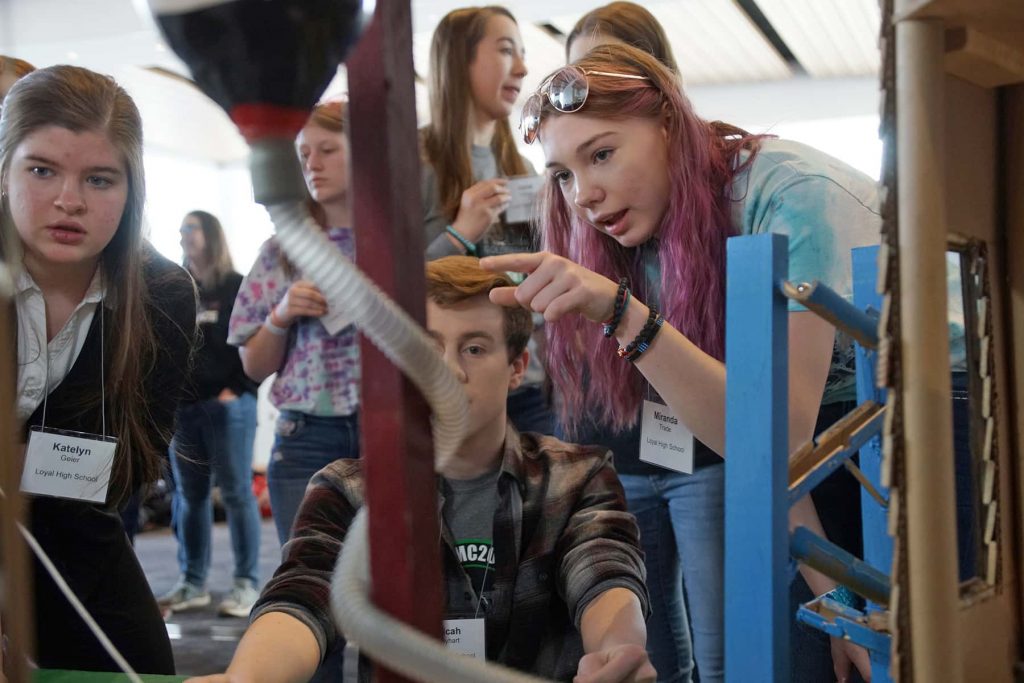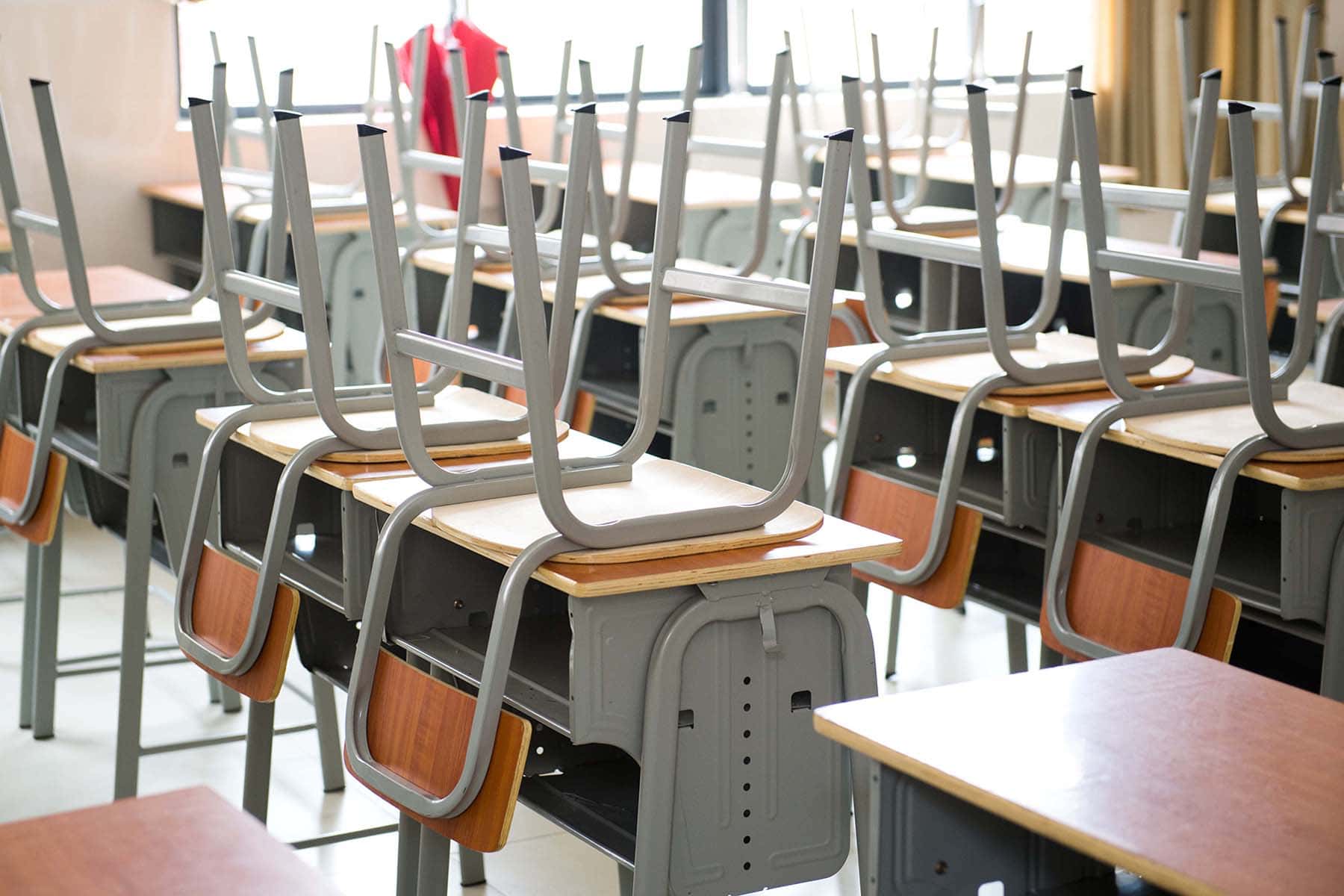
Millions of dollars that were earmarked for low income students in the Coronavirus Aid, Relief and Economic Security (CARES) Act have been distributed to the states. But because of a federal lawsuit, Wisconsin school districts are still waiting for the money, which has not been released yet by Wisconsin’s Department of Public Instruction (DPI).
Attorney General Josh Kaul has joined attorneys general from five other states in suing the Department of Education over a rule created by Education Secretary Betsy DeVos. An analysis by the Congressional Research Service supports the position this rule change might violate federal law.
Under the rule, money intended for low-income students under a formula used by the federal Title I program, which counts the number of students eligible for free and reduced lunch, would be siphoned off to higher income schools. Because 40% of Wisconsin’s children in public schools are eligible for free and reduced lunch, a large percentage of the $175 million in education-related CARES money directed to Wisconsin would go to higher income schools, many of them higher income private institutions.
“This money was intended for low-income kids, and now we are going to be sharing it with the ‘university’ schools and the Wayland Academies of the world,” says Dan Rossmiller, Governmental Relations Director for the Wisconsin Association of School Boards (WASB).
But until the issue is resolved in federal court, no one is receiving the money.
“The bills are piling up,” says Chris Thiel, legislative policy manager for Milwaukee Public Schools (MPS). How long can school districts say to vendors the money is coming for goods and services that have been purchased?
“This is typical of most grants,” says Paul Blaise, director of business services for South Milwaukee schools. But without a timeline, with the money tied up in court, no one knows how much or when the dollars will flow. “We haven’t spent the money because we are still trying to get it from DPI,” says Blaise.
The South Milwaukee district should receive $549,000 under the CARES Act. About $10,000 may go to the three private schools in the district. For Milwaukee Public Schools, some $15 million of the $55 million allocated to the district under the CARES Act could be going to private schools, depending upon the formula the court upholds.
But DPI is already going along with DeVos’ rule change, says Rossmiller. “Despite the fact that the Wisconsin Attorney General had filed a lawsuit to block the U.S. Department of Education rule,” he says. “DPI has decided to capitulate to the U.S. Department of Education It will distribute and withhold the greater amount” using the DeVos formula, according to the allocation amounts the state of Wisconsin has told school districts they will receive (although they still haven’t actually seen the money).
It is a “messed up” system, said Blaise. He objects to the fact that the burden is on school districts to work with the private schools within their borders to find out how many students qualify for free and reduced lunch.
Private schools get more
In their resolution urging Congress to allocate additional money to public schools, the Oak Creek-Franklin school board questioned a loophole that allowed private schools to receive additional money under the Paycheck Protection Program (PPP). The idea of the program was to pay businesses to maintain workers even if their businesses were shut down.
While public schools were not eligible for PPP payouts, Wisconsin’s private voucher and charter schools applied for and received millions of dollars in loans they will likely not have to pay back.
Between $35 and $85 million went to charter and voucher schools in the Milwaukee school district alone. Over 100 Wisconsin private schools received funds under this program. Amounts ranged from $150,000 to well over two million dollars. At least one of the schools that received a PPP loan, Milwaukee College Prep, said that it had returned the money. But it appears many schools are keeping the PPP payouts.
The DeVos-founded group American Federation for Children urges private schools to take advantage of PPP loans on its website: “The Paycheck Protection Program, part of the federal relief passed by Congress, includes for-profit AND nonprofit organizations with fewer than 500 employees. As long as the school maintains payroll for eight weeks, the loan will be forgiven. Private schools and faith-based organizations are eligible and should apply quickly,” the website states. “It is important for school leadership to recognize not only their standing as an educational institution, but also as a small business.”
Since public schools were not able to apply for PPP funding, Blaise points out that his South Milwaukee district was at a disadvantage as it kept on paying food service workers, even after the district went from serving about 3,000 students for both breakfast and lunch to about 100 lunches. Schools receive federal funds for meals through a reimbursement system based upon the number of lunches served. So the school system paid the wages for these food service employees out of its own pocket.
“Private schools are getting more pandemic funding than public schools,” says Thiel. “They were all advised to get that PPP funding.” And now, under the DeVos rule, funds intended for low-income students can go to all private schools regardless of need.
Budget crunch will get worse
Meanwhile, U.S. Senate leaders are balking at a bailout meant to soften the blow of budget cuts likely to come later this year as state legislatures slash school funding in the middle of the school year. Wisconsin schools will face hard choices if Washington fails to act.
The April 15 tax deadline came and went as both the federal and state governments gave everybody a few more months to file. That causes problems for Wisconsin’s Legislative Fiscal Bureau, says Thiel. By now, school districts should have a good idea about how much money is available for education for this school year. But the bureau’s estimates may not come out with numbers until the middle of August or later, pretty close to the beginning of school.
Thiel points out that the state began the fiscal year with a small surplus and even a rainy-day fund, but everyone expects that legislators will have to come back, perhaps after the November election, to pass a budget repair bill. Schools are bracing for cuts to education.
A coordinated effort has been launched at both the state and national levels to persuade Congress to support school funding. Milwaukee Public Schools efforts are being channeled through the Council of Great City Schools. The Wisconsin Association of School Boards has sent out legislative alerts to its members, and several school boards across the state have passed resolutions supporting additional money. Both Wisconsin’s major teacher unions: the Wisconsin Education Association Council and American Federation of Teachers-Wisconsin have rallied their educators. Other administration and educational organizations are on board as well.
This year, Wisconsin’s Dan Rossmiller chairs the Conference of State Association Legislative Staff for the National School Board Association. Senator Lamar Alexander is floating a school funding package worth $50 to $75 billion. While this is far below the $200 billion proposal coming from the House, Rossmiller considers it at least a “good start.”
Congress will be back in session with only a few short weeks before the August recess, to put something together just in time for the start of the new school year. Senator Tammy Baldwin has been very supportive of the effort to increase school funding.
Meanwhile, several states have already passed budget repair bills that slashed school funding. Wisconsin school districts normally pass proposed budgets in late May or early June and final budgets in late October. But normally the amount of money a school district will receive from the state has already been determined, even in years when the Legislature has had difficulty hammering out a biennial budget. No one is prepared for a budget repair bill later in the school year.
The Senate may pass its own version of the Heroes Act passed by the House as early as later this week. But how or when the two chambers can reconcile their differences and what the provision for education is unknown
Concludes Chris Thiel: “There is nothing cheap about a pandemic.”
Originally published on the Wisconsin Examiner as Public schools fight for federal funding
Donate: Wisconsin Examiner
Help spread Wisconsin news, relentless reporting, unheard voices, and untold stories. Make a difference with a tax-deductible contribution to the Wisconsin Examiner

